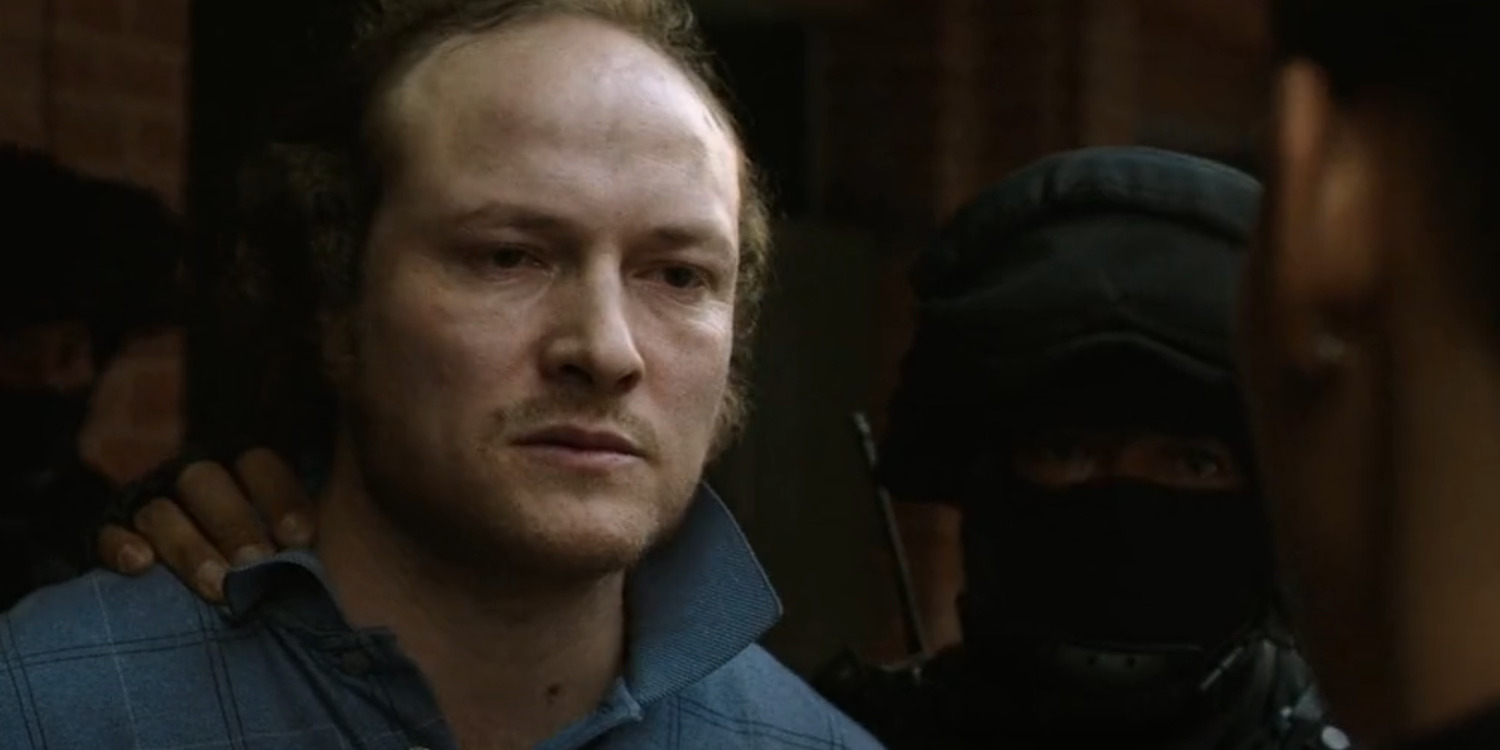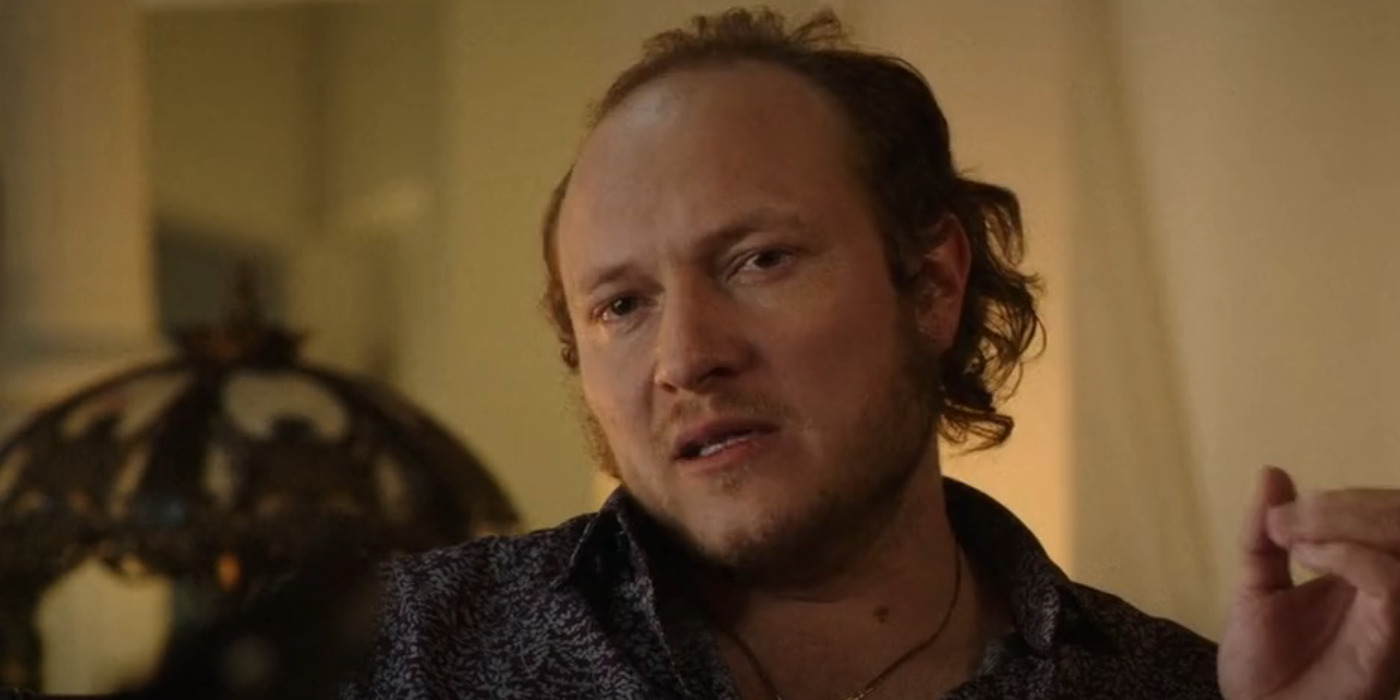‘Sniper: Ultimate Kill,’ the seventh installment within the ‘Sniper’ franchise, is a crime thriller film that follows a special joint task force in Columbia as they track down an infamous drug cartel chief. Jesus Morales has been posing a great threat across Columbia for some time. As such, when Kate Estrada of the DEA comes closer than ever to catching him, her team employs the help of Decorated Marine Sniper Brandon Beckett. Thus, Brandon finds himself joining forces with his father, Sergeant Thomas, and CIA higher operative Richard Miller.
The 2017 film charts a classic action-filled tale about law enforcement’s hunt for a notorious criminal running free across Columbian streets. In essaying an entertaining storyline, the narrative manages to keep itself grounded, helped in part by the familiar manhunt it follows against Morales. As such, given his character’s criminal roots, viewers must wonder if he has a basis in reality.
Jesus Morales is a Fictional Criminal
No, Jesus Morales from ‘Sniper: Ultimate Kill’ is not based on a real-life Columbian Cartel Chief. Much like the film, Morales’ character also retains fictitious origins, with director Claudio Fäh, second unit director Carl Goldstein, and screenwriter Chris Hauty earning credit for his creation. Thus, Jesus Morales was crafted in service of the film’s plot, wherein his character remains the center of the criminal conflict.

Most movies within the crime genre, especially when dealing with a drug-central story, employ underworld kingpin characters within their narrative. Such characters create easy links to reality, tying the film to an aspect of the criminal world the general public is easily associated with. Likewise, the cinematic gravity of such criminal circles, flowing with illegal cash, immoral hired hands, and greedy leaders, adds thrill to the plot while simultaneously maintaining a connection to real life.
Thus, for the most part, Jesus Morales mines most of its real-life roots from the existence of such real-life Columbian cartels that similarly deal with illegal drugs, rendering themselves enemies of the law. For instance, according to a source, namely PBS, during the 2010s, The DEA and the Colombian National Police believed Columbia to have more than three hundred active drug smuggling organizations.
Furthermore, Morales’ primary motive within the film, to gain control over Columbia’s trade routes to expand his business and exert more control over the country, presents a realistic goal within the drug trafficking industry. Yet, there are no records of any real-life drug cartel ever undergoing a similar process as him in an attempt to achieve such a goal. For the same reason, while Jesus Morales embodies a compelling drug lord, his character is entirely fictitious with no basis in reality.
Ultimately, Morales’ status as the Cartel chief helps him maintain a menacing aurora within the film’s narrative and effortlessly infuses his character with the audience’s inherent mistrust and distaste. Moreover, his threatening criminal presence highlights the heroism of the protagonists and compels the viewers to root for them. Thus, Jesus Morales remains confined to the fictional narrative of ‘Sniper: Ultimate Kill.’
Read More: Hulu’s Tell Me Lies Season 2 Begins Filming in Atlanta in Early 2024


